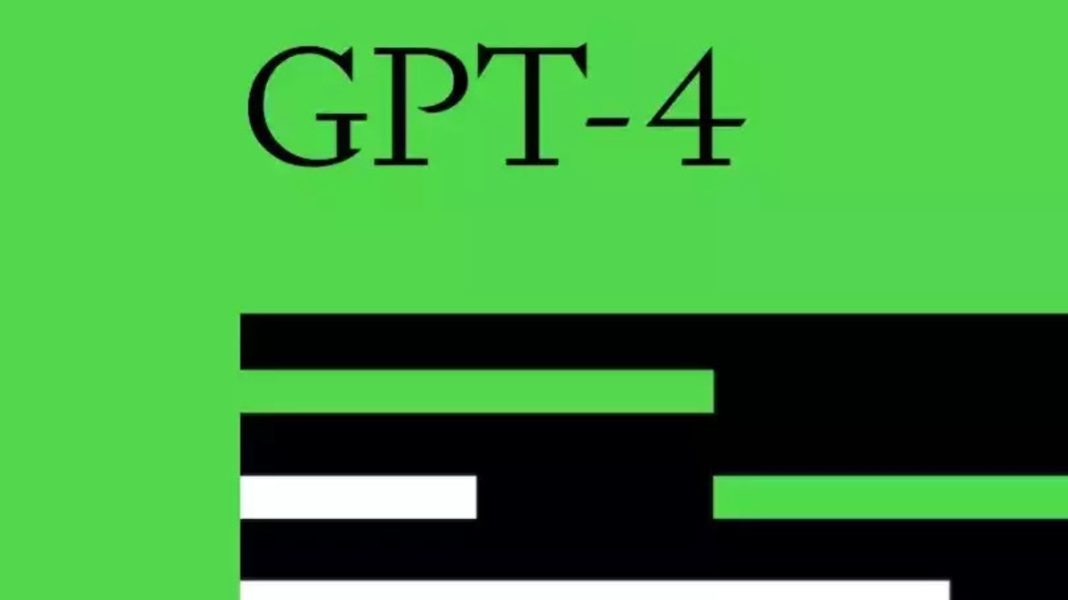“Stella Maris” by Cormac McCarthy is like no other book that we have ever read. There is no proper plot, no character development as such, no action, nothing. Two people meet and just talk about various things, and their conversations follow no pattern as such. They talk about random things and ask for each other’s thoughts. Subjects were dropped as suddenly as they were picked up in the conversations, and the readers are bound to lose track of who is saying what due to the narrative technique that the author has adopted.
The book begins with a brief description of Alicia (Alice) Western, who has admitted herself to a psychiatric facility named Stella Maris in Wisconsin. She is 20 years old, half Jewish and half Caucasian; she is a doctoral candidate at the University of Chicago, and she had arrived at the facility on her own with a little more than $40000 in a plastic bag. She has been admitted to the same facility on two prior occasions and has been diagnosed as a paranoid schizophrenic. This brief biodata is followed by the first session that Alicia has with Dr. Cohen, her psychiatrist at the hospital. They start with a simple ‘how do you do’ and end with why Alicia didn’t go to the church to see her mother’s body. While also talking about Euclid, Grothendieck, and Riemann in the middle. It’s hard to keep track of what’s happening when the book is about a conversation that takes place over the course of seven sessions.
There are certain things that Alicia doesn’t want to talk about, like what happened to Bobby (her brother) and where he is now. She mentions having fallen in love with someone but refuses to divulge his name. Eventually, she does talk about Bobby, but only in the second-to-last session. She tells Dr. Cohen how she knew before she turned 12 that she and Bobby were in love with each other. They would go out and attend parties, and she would pretend to be Bobby’s wife. In spite of loving his sister, and I mean that in a romantic way and not as a sibling, Bobby was scared to do anything about it. He didn’t want to leave the country like she wanted to and settle somewhere else because, deep down, he felt a deep sense of guilt and remorse for having fallen in love with his sister and wanting her as much as she did. The rejection made Alicia very depressed. She waited for him to understand and realize that it’s impossible for both of them to love someone else ever, but she wasn’t very hopeful. Bobby’s car crash made things even worse, and now that he was in a coma, she had no hope. She felt no remorse for being in love with her brother. She had accepted that there was nothing else that they could do about the blood relation that they shared. It could be that her illness got the better of her, and maybe, had she been like anyone else, she would not have been able to accept it so easily, but she was brave enough not to hide it.
In the last session, she revealed her true self. With her brother almost dead and The Kid (the figure whom she used to hallucinate quite often) gone, she had no one to speak to. She had admitted herself to Stella Maris partly because she had people here who would listen to her. It’s weird that anyone would miss their visual hallucinations, but for her, the existence of The Kid was very much like anyone else who existed in real life. McCarthy takes the chance to project his final thoughts in this chapter too. He makes Alicia explain in detail how language is something that is unnatural and that its adoption has created a form of disruption when it comes to evolution, something sp talked about in his 2017 essay, The Kekule Problem.
Dr.Cohen tries to talk about Bobby, and after a while, the topic switches to Godel and his importance in the stream of mathematics. Here too, we find McCarthy making Alicia explain in detail his thoughts on Godel’s impact and how he has proved that what matters is not just finding the limits but what lies beyond them. The last portion is all about the 20th-century mathematicians and logicians who have changed the belief system and taught people that what they have found is only a bit of the whole.
In the very end, Alicia talks about her other plan that she wanted to follow instead of getting herself admitted to Stella Maris, which was to go to Romania, burn her passports and documents, get herself new clothes, and start living in the wild. Now that she knew that Bobby was gone and there was no hope for their union, she wanted to leave everything behind, start living in a cave, and die there. She felt that she would be happy living and dying there, knowing that the wild was going to consume her once she was no more. And with this, the time of their session comes to an end, and she requests that Dr. Cohen hold her hand, saying that’s what people do when they’re waiting for the end of something. By “something,” she can mean her life, the end of her brother’s life, her sanity, or the end of humankind. However ambiguous, the gesture is very heartwarming, making us realize that Alicia is just like any of us: scared, alone, and afraid of what awaits us in the long run. In the end, all of us are looking for someone to stay close to while waiting for the inevitable.


